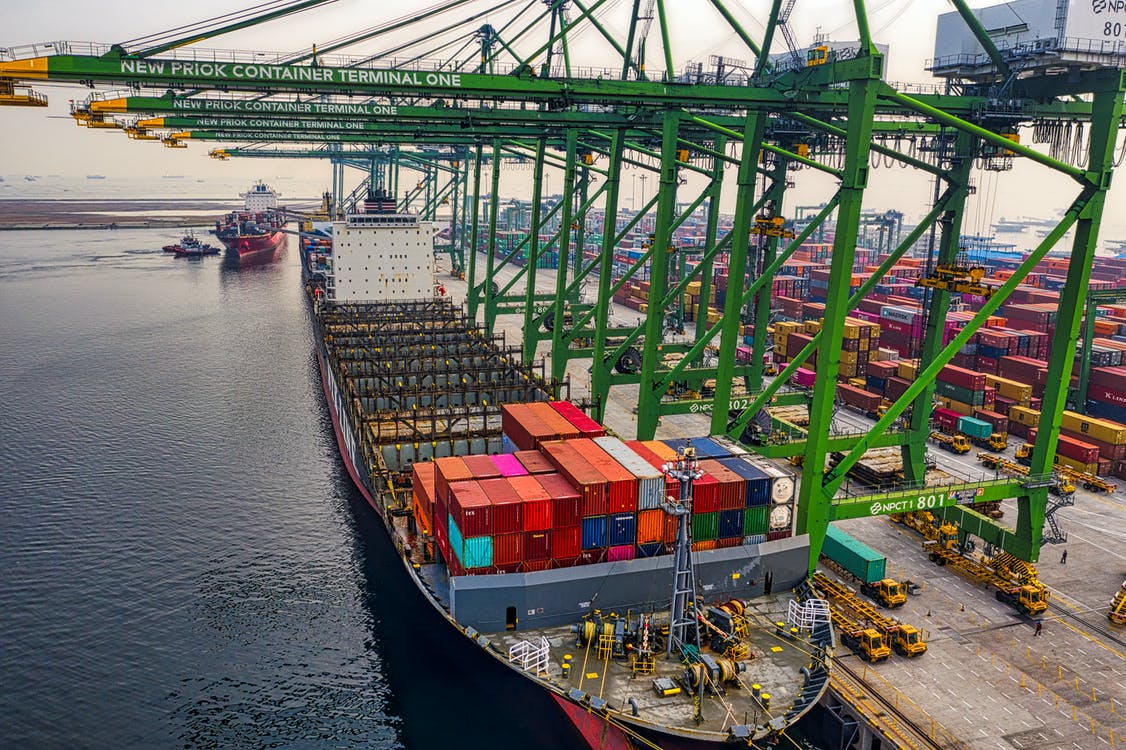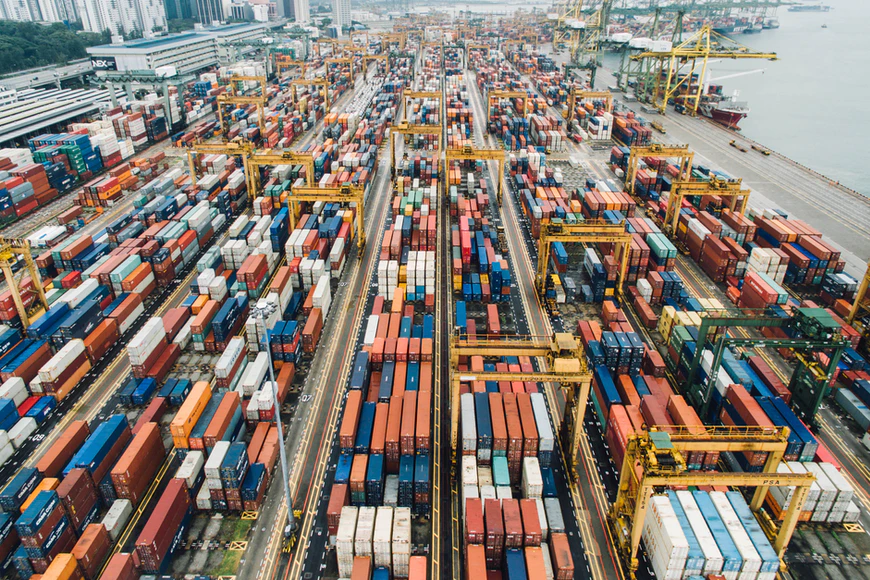4 Facts Everybody Should Know About Freight Forwarding – Infographic
Unless you’re someone involved or directly working in the shipping industry, there’s a fairly small chance that you already heard about freight forwarding. Unfortunately, few people nowadays tend to have a rough idea on freight forwarding, or what freight forwarders do.
Freight forwarding is the practice of organizing the transport of goods for both business and personal use, usually on an international scale. Many enterprises find themselves in trouble when trying to ship their products from one place to another due to a long and arduous process of preparing customs documentation. Fortunately, by hiring the service of a freight forwarding agency, things are now more convenient as they all have the necessary expertise and knowledge in keeping all of those legal requirements in check. Freight forwarders can also help their clients find the most affordable shipping companies as they are well-connected with a wide variety of carriers be it on land, air, or sea.
While this profession seems to be quite too technical to some, freight forwarding isn’t as complicated as it sounds. To give you some healthy dose of knowledge about freight forwarding, here are five things everybody should know about this industry:
Fact #1: Freight Forwarders can offer a wide range of services
Aside from the aforementioned freight forwarding services, they can also provide other similar services in order to satisfy every client’s shipping needs:
- Non-Vessel Operating Common Carrier – Freight forwarding agencies can act as a carrier through the issuance of their own BoL (Bill of Lading), as well as takes full responsibility for the client’s shipments.
- Breakbulk Agency – A client that transports an LCL (Less Container Load) cargo can sometimes become less of a priority as many carrier companies give more priority to shipments of larger companies. But with the service of a freight forwarder, they can consolidate their LCL by putting together different consignees and turn it into a full container load.
- Trucking – Some freight forwarding agencies also offer trucking services by delivering the client’s newly arrived cargo to its intended warehouse.
- Import and Export Requirements Assistance – Freight forwarders can help clients fulfill all the necessary government requirements.
Fact #2: Freight Forwarding can bring a positive impact to a business
There are a lot of ways of how availing the service of a freight forwarder is integral for the continuous growth of a business. Freight forwarding services can optimize the usage of time as they can ensure the timely arrival of the goods including a real-time update of its location and condition. Additionally, using their connections to several carriers, they can make their clients save more money in the long run.
Fact #3: Freight Forwarders comply to specific laws when it comes in shipping certain products
Though freight forwarders are always enthusiastic it catering to the shipping needs of many clients, they are still bound by laws which may restrict their ability from administering the transportation of the following products:
- Drugs
- Alcohol
- Batteries
- Sharp objects
- Hazardous chemicals
Fact #4: Maintaining a harmonious relationship with a freight forwarder is an advantage
Remember that in your absence, the only one that can look over your products while onboard is your reliable freight forwarder. Maintaining healthy relationships with them can make you more likely to receive a competitive level of customer service.
Having a reputable freight forwarding agency is highly beneficial for many companies as they could keep the supply chain stable for extended periods of time. If you’re a business owner struggling to comply with all of the legalities of shipping, hiring a freight forwarding agency is the best choice for you!
Excelsior Worldwide Freight Logistics conduct free orientation for those who are willing to learn. It is our advocacy to share our knowledge & experience worth more than a decade in the business. Visit our website today at www.excelsior.ph to learn more about our service.






